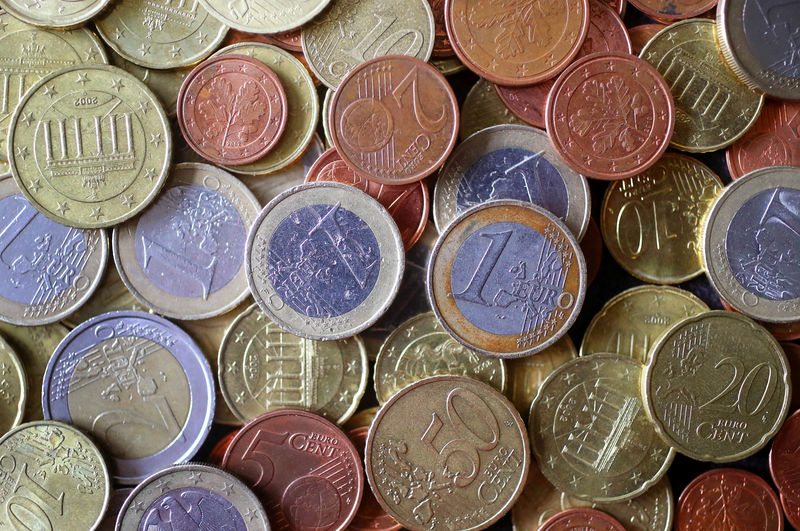Investing.com -- The dollar was mixed in narrow ranges Monday, with traders struggling to make sense of the latest twists in the U.S.-China trade dispute, while sterling remained under pressure from political rhetoric from the U.K.’s ruling Conservative Party ahead of its annual conference.
Over the weekend, Bloomberg had reported Treasury sources as giving a partial and qualified denial of claims that the U.S. was considering a raft of measures designed to restrict U.S. investment in Chinese companies.
The timing of the reports, which hit the yuan and currencies linked to it, stood in stark contrast with President Donald Trump’s ‘goodwill gesture’ suspending some U.S. tariffs while China celebrates the 70th anniversary of the Communist Party’s takeover this week.
The looming holiday in China kept the yuan in tight ranges Monday. At 3:10 AM ET (GMT), the official yuan rate rate was at 7.1314 to the dollar, down just over 0.1%. A small upward revision to the Caixin manufacturing purchasing managers index provided some support to it.
The euro also failed to break a run of poor economic data at the start of the week, with German retail sales growth falling to 3.2% on the year from an upwardly revised 5.2% in July.
The more important data comes at 3:55 AM ET (0755 GMT), when the latest labor market report shows how far the weakness in Germany’s manufacturing sector has affected hiring.
By 3:10 AM ET, the euro was at $1.0944, up less than 0.1% from Friday’s close.
Analysts at Nordea said they expect the dollar to stay well supported in the near term due to it being “the cleanest shirt in the laundry” – the only major currency still supported by decent gross domestic product growth. However, they note that the Treasury has increased the size of its open market operations in the last week to address pressures in short-term funding markets, and point to suggestions that the Fed should increase its balance sheet by $250 billion with a so-called “Permanent Open Market Operation”.
“Such a move would be good news for risk sentiment and bad news for the dollar, " though the extent may not become clear for some months, analysts Andreas Steno Larsen and Martin Enlund wrote in a note.
Elsewhere, the pound showed little reaction to an article in the Times of London at the weekend by Chancellor Philip Hammond, who claimed that Prime Minister Boris Johnson had surrounded himself with financial backers who stood to gain billions in the event of a Hard Brexit by shorting sterling.
Net short positions in the pound fell to their lowest level since July last week, according to CFTC data, but still remain at historically elevated levels.
